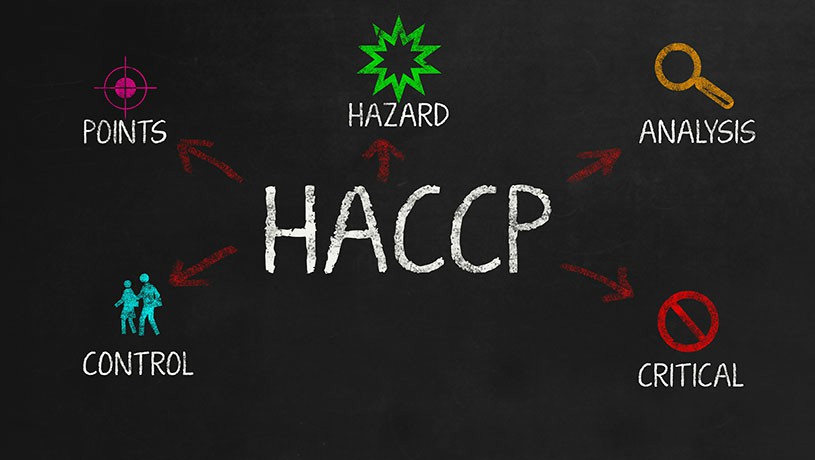


 349,500 Offered Certificates
349,500 Offered Certificates
 24/7 Online Training
24/7 Online Training
 Money Back Guarantee
Money Back Guarantee
 Fully Accredited Courses
Fully Accredited Courses

Created at: 26-02-2025 13:15
Food safety is a top priority for businesses across Ireland, especially in bustling cities like Dublin, Cork, Galway, Limerick, Waterford, and Belfast. With increasing regulations and a growing focus on public health, understanding and implementing HACCP principles has never been more crucial. In this blog, we will explore why HACCP Training is essential for ensuring compliance with food safety regulations and protecting your business and customers.
HACCP, which stands for Hazard Analysis Critical Control Point, is a structured, preventative approach to food safety. It helps identify potential hazards in the food production process, assess their risks, and implement measures to control these hazards. This not only protects public health but also builds trust with consumers, reinforcing your brand's reputation.
In Ireland, HACCP certification is a legal requirement for many food businesses. Both Irish and EU food safety laws stipulate strict adherence to food safety standards to prevent foodborne illnesses and contamination. By obtaining HACCP Certification through structured HACCP Training Courses, businesses can ensure they meet all necessary regulations, which reduces the risk of costly penalties and enhances operational efficiency.
Achieving HACCP certification may seem daunting, but the process can be streamlined with the right guidance. Here’s how you can get started:
With the rise of digital learning, online HACCP training has become an accessible option for food businesses. Online courses offer flexibility, allowing participants to learn at their own pace while ensuring they grasp essential food safety concepts. Additionally, many online HACCP courses are recognized under Irish regulations, making them a viable pathway to earning your HACCP Certificate.
Even with the best intentions, many businesses struggle with HACCP compliance. Here are common mistakes to watch out for:
In conclusion, undertaking HACCP training and obtaining certification is not merely a regulatory requirement but a critical step in safeguarding public health and enhancing your food business's reputation. Whether you're operating in Dublin, Cork, Galway, Limerick, Waterford, or Belfast, investing in comprehensive HACCP training sets the foundation for success in the competitive food industry.
Ready to elevate your food safety standards? Enroll in our structured HACCP Training Course today! Don't compromise on safety; contact us at [email protected] for more information and get started on your journey to HACCP compliance.